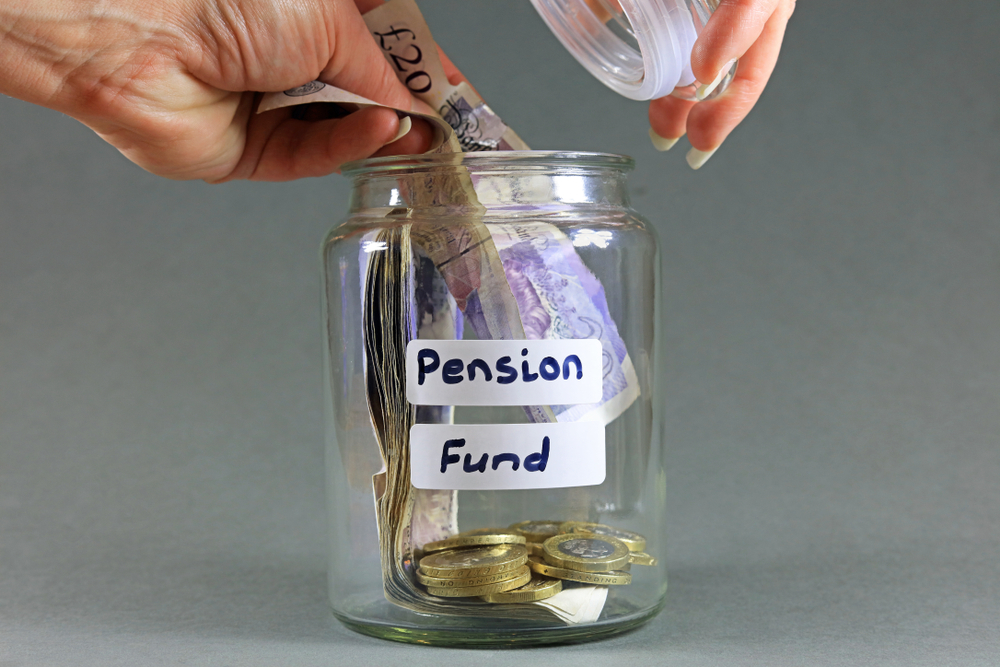News
Millions of self-employed aren’t saving into a private pension

Around 3.5 million self-employed workers in the UK aren’t saving in a private pension, research suggests.
There are an estimated five million people who are self-employed – around 15% of the UK workforce.
But while this figure has surged, the proportion of self-employed workers saving for retirement has declined.
Two decades ago, 48% of self-employed saved in a private pension but in 2018, this figure plunged to just 16% according to the research from the Institute for Fiscal Studies (IFS).
It found that while average earnings increased in real terms until the start of the 2000s, they were then flat for some years before falling sharply during the financial crisis.
By 2018/19, average earnings among the self-employed were still lagging behind the level they were in 1997/98 – a “remarkable two decades of lost income growth among this group”, the IFS said.
It found that the proportion of self-employed saving in other forms, such as savings accounts, individual savings accounts (ISAs) and shares, has also been declining over the past two decades.
The IFS report stated: “It therefore does not appear that these financial assets are acting as a substitute for pension saving among the self-employed. Overall, the proportion of individuals saving in either a pension, savings account, ISA or shares has been declining over the past 20 years, and more rapidly for the self-employed than for employees.”
By contrast, pension participation has dramatically increased for private sector employees due to the introduction of automatic enrolment.
Tom Selby, senior analyst at AJ Bell, said: “Automatic enrolment has at least started the process of getting employed workers saving something for retirement.
“However, the reforms do not cover almost five million self-employed workers, the majority of whom are not saving in a pension at all and risk facing severe financial difficulties in later life.
“Self-employed retirement saving has fallen off a cliff over the past two decades. In 1998, roughly half of self-employed workers were saving in a pension – fast forward 20 years and the figure had plummeted to just one-in-six.
“Make no mistake about it – without urgent action, there is a real risk millions of people will sleepwalk into retirement misery.”
Why aren’t the self-employed saving for retirement?
Selby said it’s difficult to say why self-employed pension saving has dipped so dramatically since the millennium.
“Average earnings among this section of the workforce have stagnated over the last 20 years, in part as a result of the financial crisis in 2007/08. With Covid-19 and the economic lockdown further hitting the self-employed, it is possible pension provision will get even worse from here,” he said.
What are the options for the self-employed?
Selby said: “The lack of an employer-employee relationship means it is extremely unlikely the government will create an automatic enrolment-style scheme for the self-employed. It is therefore up to individuals to take responsibility or risk stumbling into penury in later life.
“The good news is low-cost, simple options are available. Saving for retirement in a SIPP is one obvious route, with contributions automatically benefitting from basic-rate tax relief up front. If you are a higher or additional-rate taxpayer, you can claim back an extra 20% or 25% tax relief from HMRC as well.
“Your money can then be invested and benefit from compound growth over time. You can get 25% of the money tax-free from age 55 (rising to 57 in 2028), with the rest taxed in the same way as income. Furthermore, you have total freedom over how you spend and invest your retirement pot.”
For self-employed workers aged 18-39 the Lifetime ISA could be an alternative. You can save up to £4,000 a year in a LISA and the government will top it up by 25% – the same as basic-rate pension tax relief – up to a maximum of £1,000. You can then access the money tax-free from your 60th birthday or if you put it towards a deposit for a first home worth £450,000 or less.
But Selby warns: “Unlike a pension, early withdrawals for other reasons are possible, although you’ll be hit with a Government-imposed charge on the money you take out. This is 20% for 2020/21 and will be 25% for 2021/22.”